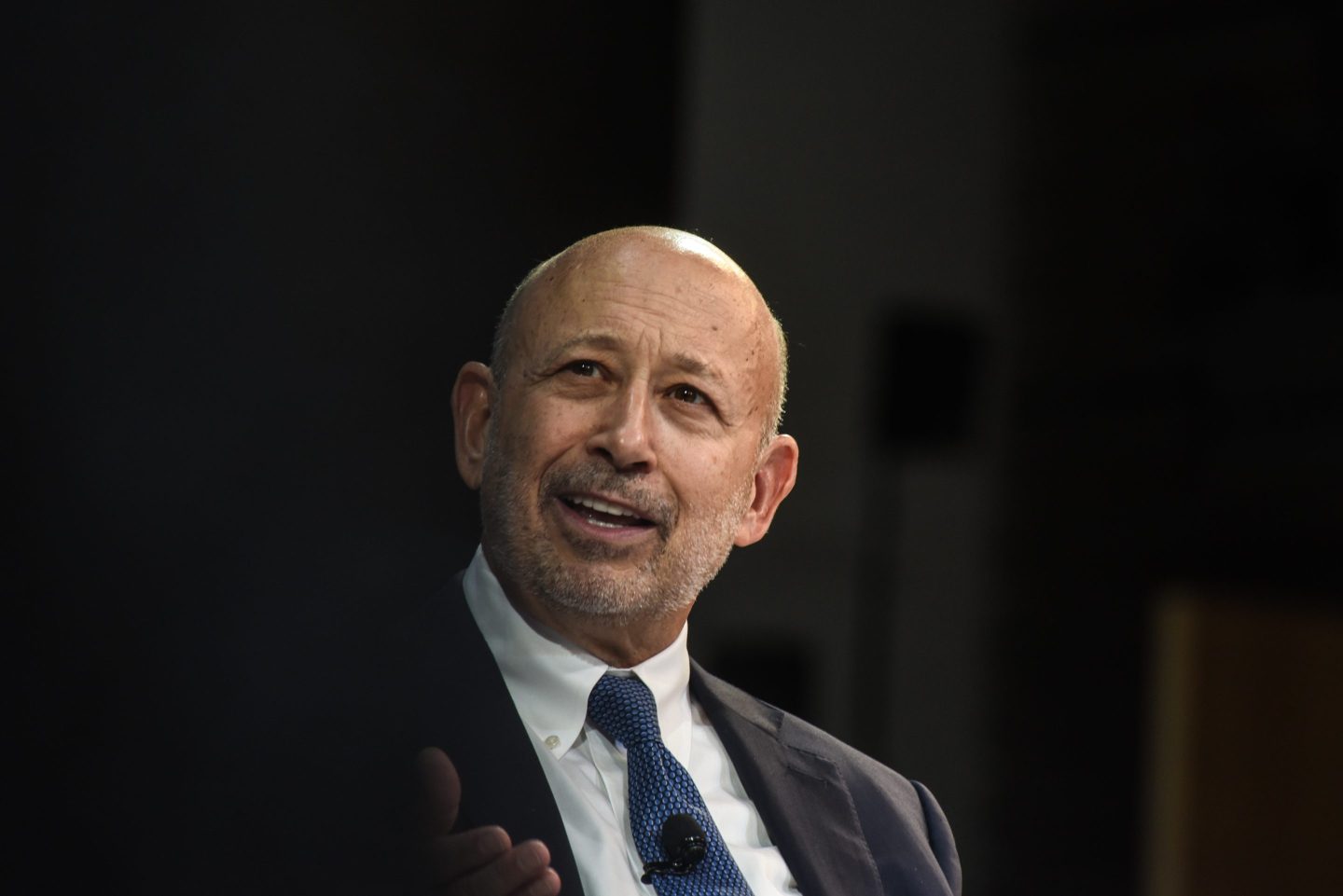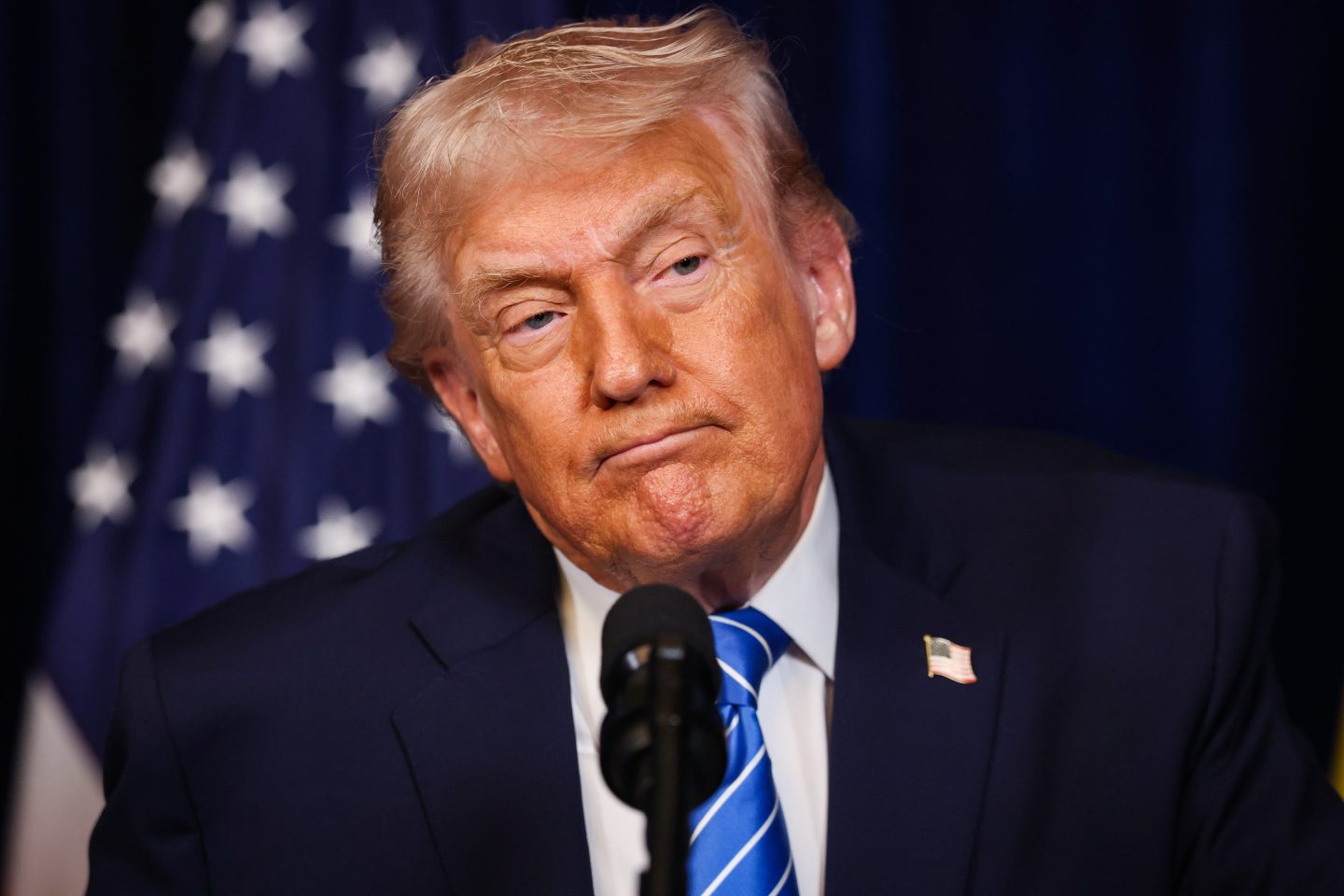By Dan Mitchell, contributor
FORTUNE — The FCC this week raised several “questions of fact” surrounding AT&T’s (T) bid to acquire T-Mobile from Deutsche Telekom (DTEGY) for $39 billion to create the county’s biggest mobile provider. One “question,” for example had to do with AT&T’s assertion that the merger would lower costs and therefore, lower prices.
The FCC’s 157-page report (pdf) is loaded with bureaucratese, of course, like when it used the phrase “questions of fact,” when what it really meant was: Who are you trying to kid?
Not that AT&T was behaving irrationally in making such assertions, which also included that more jobs would be created and that mobile competition would increase. Such arguments have worked many times over the past several decades, as industries have continued to consolidate with the approval of regulators often bewitched by “free market” arguments in favor of putting markets under tighter control of fewer companies.
AT&T said the merger would reduce costs and allow it to expand capacity and therefore, prices would fall. But pricing has only so much to do with cost. It has much more to do with what markets will bear. Companies charge as much as people will pay. And when there are fewer companies in a market — or only one — people will pay more.
The FCC said prices would rise thanks also to the fact that AT&T would be taking over the nationwide mobile carrier that offers the cheapest calling plans. AT&T promised to maintain the terms of T-Mobile’s current service contracts, but that means little given how often people switch plans.
The agency similarly shot down most of AT&T’s other arguments, often citing internal documents to show that the company itself knows they aren’t true: A merger won’t lead to more jobs, but fewer (in fact, “massive job loss,” according to the report); AT&T does, despite its arguments to the contrary, compete heavily with T-Mobile; smaller carriers are highly unlikely to ramp up their businesses sufficiently to compete, despite AT&T’s arguing the opposite; AT&T’s promise of a speedy buildout of its 4g network is unlikely; etc.
Although such transparently flimsy arguments about pricing, job creation and competition have in recent decades become de rigueur in defenses against antitrust actions, and although they are often successful, AT&T made a bad bet that they would work this time. If the merger is called off, as seems highly likely at this point, the company will have to pay T-Mobile a $4 billion breakup fee.
It’s unclear whether that would still be the case if the companies were to revert to the “Plan B” the companies are putting in place according to the Wall Street Journal. That would be a joint venture that would have the companies pooling assets. It’s also unclear whether such a venture would entirely allay regulators’ concerns.
Either way, AT&T has move clumsily — including in its attempted refutation of the FCC report, which the company’s chief internal lobbyist called “one-sided.” Shares are down about 23 percent since it announced the acquisition in March.











